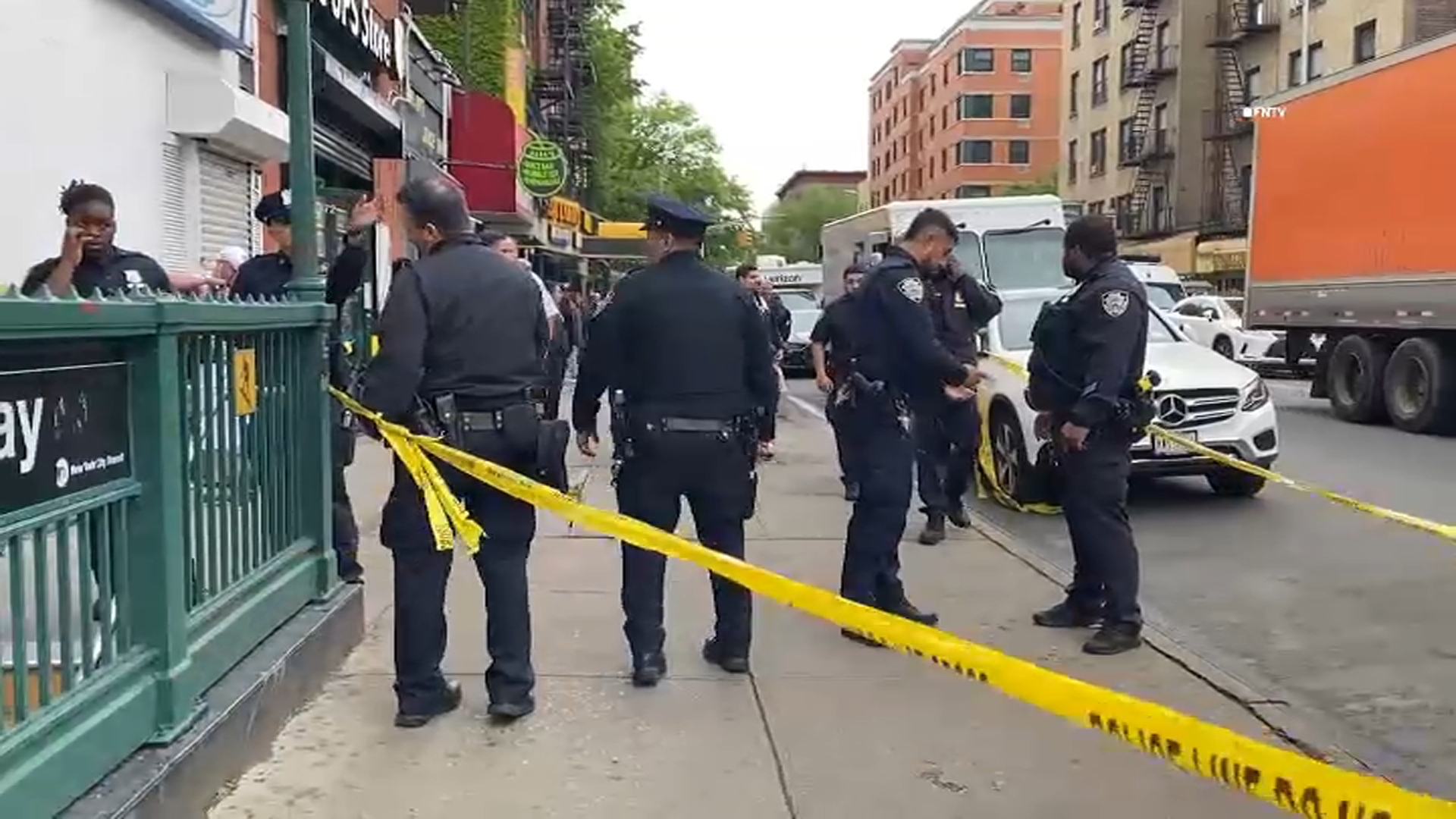Married to a BP executive who was killed in the Pan Am 103 bombing, Faith Pescatore said she is "very interested " to know more about why Abdel Baset al-Megrahi, the Libyan terrorist who masterminded the 1988 bombing, was set free.
But without hard facts pointing to what other Lockerbie families allege is a 'blood for oil' deal, she gives "the benefit of the doubt" to Scottish authorities and BP, Pescatore said Monday.
"Whatever happened behind closed doors happened," Pescatore said in a telephone interview from her suburban home outside Cleveland, Ohio. "Whatever decision they (Scottish authorities) did, I am hoping they put a lot of thought into it. I trust their decision. I can't imagine they would be influenced by (BP's) corporate interests."
Pescatore admits it is ironic that BP -- a company that treated her so well after her husband was killed -- is now at the center of a controversy over whether BP inappropriately pushed for the release of her husband's killer.
"I know how good BP was to me and how much they cared about Michael," Pescatore said.
The senate foreign relations committee is set to hold hearings Thursday about al-Megrahi's release and whether BP officials played any direct role. Some victim's families have alleged Britain let the terrorist go free so BP and other oil firms could secure billions in deals with Libya.
BP officials have denied their company directly pressed for the Megrahi's freedom. The oil giant admits it did ask for a prisoner transfer agreement between Britain and Libya to be completed to help smooth the way for future oil deals.
Local
Scottish justice minister Ken MacAskill said Megrahi was released on 'compassionate grounds' - not part of any prisoner deal. Doctors had given the terrorist three months to live due to his prostate cancer. But a year later, Megrahi is still alive in Libya and doctors now admit he could live for another 10 years.
"I do believe McAskill. I have faith in the Scottish people," Pescatore said. She said the support she received years ago from Scottish officials was extraordinary. "They went out of their way to make us feel welcome, loved and not forgotten."
Pescatore's husband Michael was an executive with BP chemical. He was among the 259 passengers and crew killed by the bomb placed in the mighty jetliner's cargo hold. Eleven villagers from Lockerbie were also killed when the plane's debris came crashing to earth.
After the bombing, Pescatore recalls in detail how a Scottish farmer walked her to the very spot in a field where Michael's body was found. And she credits the hundreds of investigators who walked those fields looking for the tiniest of clues and evidence that would eventually solve the case.
"Look back at the history and think how wonderful they were! They did all this work and then stabbed us in the back?," she asks. "Maybe there is something about compassion they understand that we don't understand."
Britain's new Prime Minister David Cameron joined President Obama in calling Megrahi's release a terrible decision. Senators from New York, New Jersey and California are among those wanting to know more about the decision to set the terrorist free after serving just 8 years of a life sentence.
Other victim's family's believe BP is to blame. "I feel BP was involved," said Eileen Walsh of Glen Rock, NJ. Her husband also died in the terror bombing. Justice she said was sold for "an oil trade."
Pescatore said she does not doubt BP looked out for its corporate interests. But she said the firm took great steps to look after her when her husband was killed.
"To get upset all over again is not healthy," Pescatore said. She said her Buddhist outlook on life now has her living one day, one moment at a time.
"There is a difference between not forgetting and trying to move on," she said. "I refuse to let Megrahi or anyone else make me feel bad for the rest of my life. Just because I have less anger does not mean my loss was not less."
Pescatore said her husband's legacy lives on in part through a scholarship program set up at the Boston Latin School. She won a $19 million dollar lawsuit against Pan Am for the airline's security lapses.
Families of the victims were also offered $10 million each by the Libyan government as part of a 2003 deal that would eventually help end international economic sanctions.
Pescatore said 22 years later, there are still times she cries. The bombing was "horrific and no one's feelings were spared."



